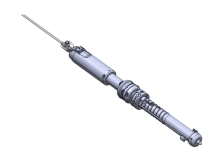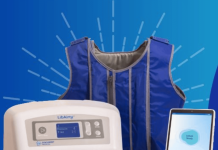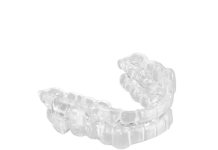SecondWave Systems has secured $7m in a Series A funding round to expedite the development of its ultrasound device for inflammatory conditions.
The SecondWave MINI device employs “low intensity” focused ultrasound (LiFU) technology for spleen stimulation to treat acute and chronic inflammation disorders.
It is currently under clinical trial investigation to manage several inflammatory conditions, including rheumatoid arthritis (RA).
Related: Neuranics secures $8m for TMR magnetic sensing technology growth
Treo Ventures and a healthcare strategic spearheaded the funding round with contributions from Scientific Health Development, US State Small Business Credit Initiative (SSBCI) funds, and the University of Minnesota’s Discovery Capital.
The investment will bolster the company’s upcoming clinical trial, building on the positive results from its first-in-human trial, which showed a considerable decrease in activity regarding RA.
This latest financing is said to build upon the previous support from US Government partners such as the Advanced Research Projects Agency for Health and the Defense Advanced Research Projects Agency.
These agencies have backed the research and development of the “noninvasive” wearable therapeutic ultrasound device.
SecondWave Systems CEO Anuj Bhardwaj said: “As we work to develop and commercialise the SecondWave MINI as a new class of noninvasive therapy, we are very excited to enter the next phase of development with a strong set of new investor partners.
“Our team at SecondWave is dedicated to improving patient quality of life for millions of Americans who suffer from chronic inflammatory disorders.”
SecondWave is focused on treating inflammatory conditions with its personalised, wearable ultrasound stimulation platform.
According to the company, its ultrasound-based stimulation has shown potential in modulating or suppressing neural and cellular pathways, offering treatment possibilities for a range of conditions such as inflammation, pain, and other disorders.
In May 2024, the company reported encouraging initial findings from a pilot study of the wearable therapeutic ultrasound device, targeting chronic and acute inflammatory disorders.




